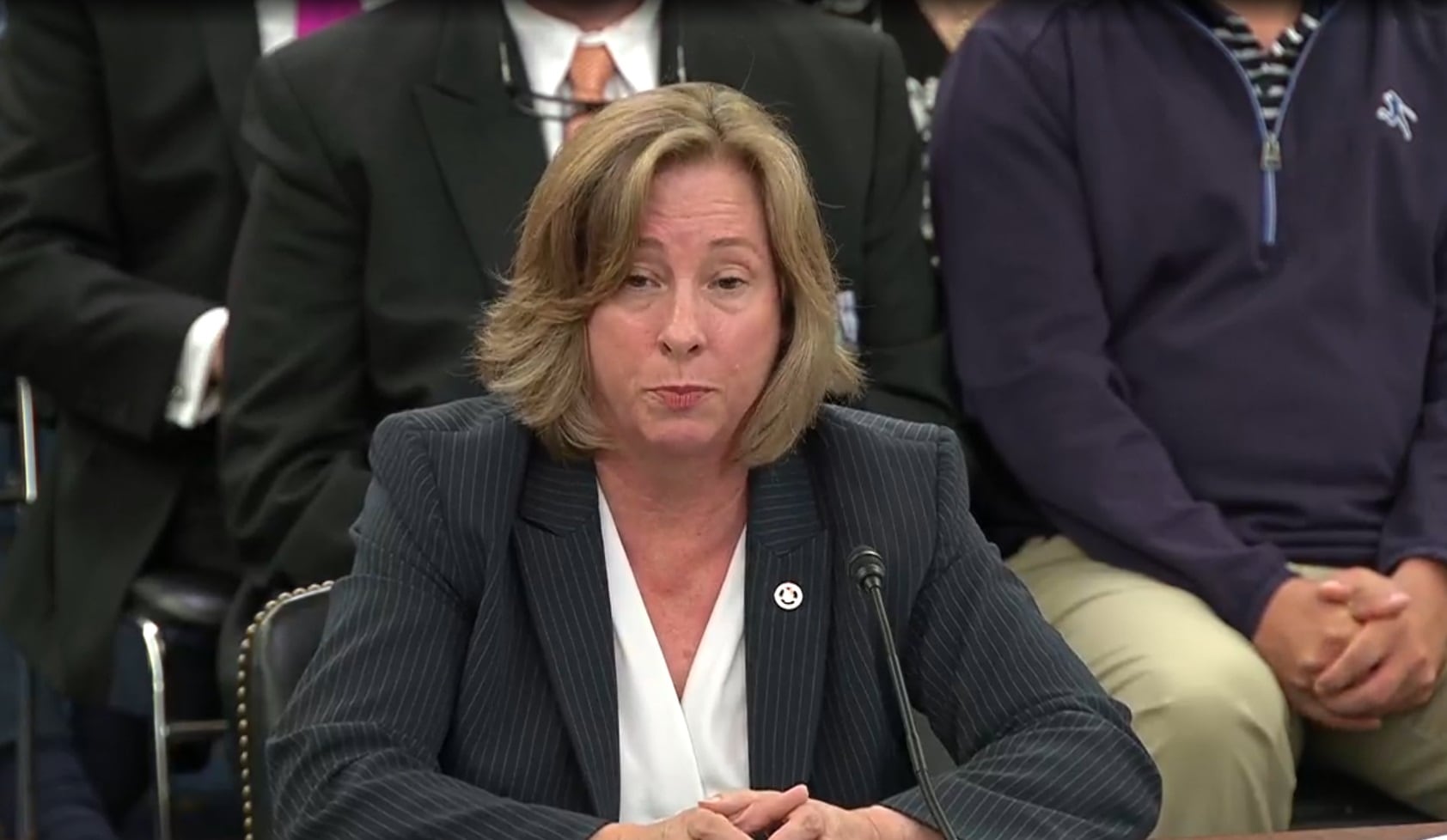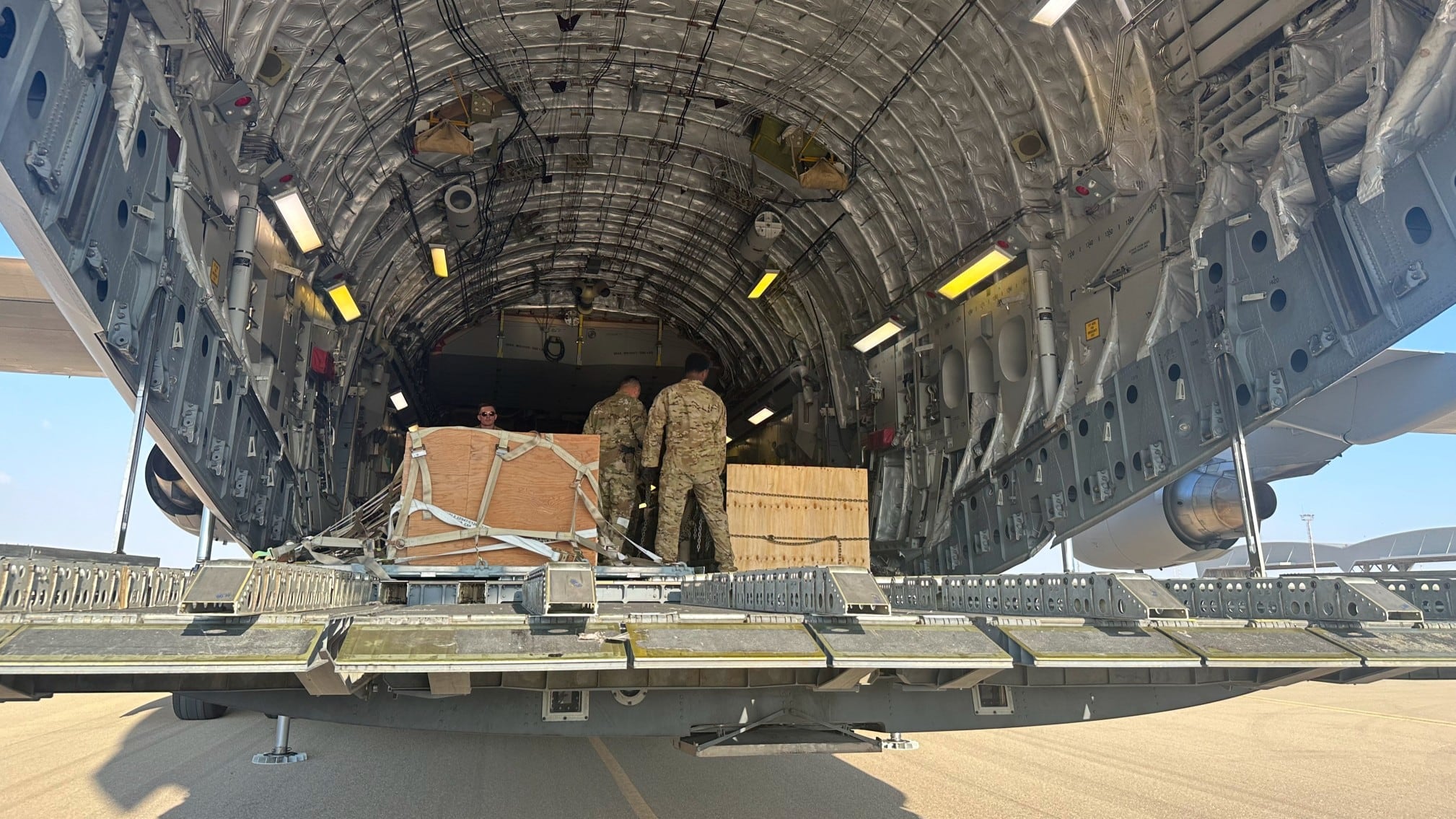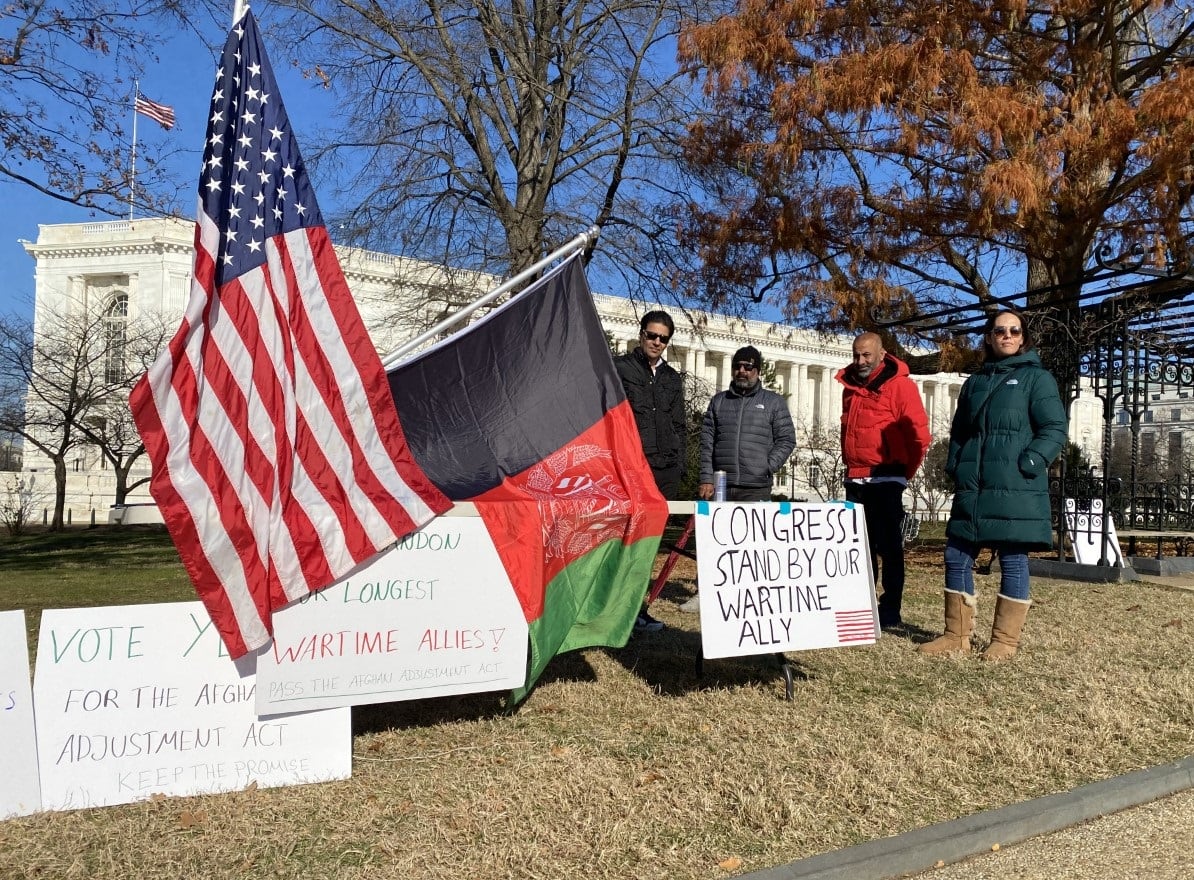A California congressman wants answers from defense officials about the increased prices of fruits and vegetables at some commissaries in the Pacific.
The Defense Commissary Agency "has now embarked on a sourcing strategy that will force our military families to pay more for an inferior product," Rep. Duncan Hunter, R- Calif., wrote in a Jan. 4 letter to Brad Carson, acting undersecretary of defense for personnel and readiness.
"I am dismayed your office, which is responsible for the health and morale of our soldiers, sailors, airmen and Marines, and which was aware of these concerns, did not prevent DeCA from implementing this counterproductive strategy," Hunter wrote.
Families in Guam report that produce prices have doubled or tripled since new contracts went into effect Nov. 1. While there have been some trouble spots in Japan and South Korea, the problems have been more pronounced in Guam, sources said.
Hunter has asked for more details about the prices and about the quality of the produce. He asked Carson to review the new policy for sources of produce in Asia and the Pacific, "and consider whether changes are necessary to ensure that our military families have affordable, American-style produce at the commissary."
"Please let me know your determination as soon as it is available so that I can let our military families know when they can expect to see low-cost, high-quality produce back on the shelves at the commissary," Hunter wrote.
Previously, DeCA used taxpayer dollars to pay for the cost of shipping produce to the Pacific, so that military customers would have access to produce of comparable cost, type and quality as commissary patrons in the U.S.
Now, contractors either get produce from local sources in their overseas areas or bear the cost of shipping it from other countries, including the U.S. That cost is passed on to commissary customers in those areas in the form of increased prices.
can cut for space: A number of people predicted that prices would increase. Hunter introduced an amendment last year that would have required a study of the fresh fruit and vegetable supply for commissaries in Guam, Japan, South Korea, and Okinawa, and would have prohibited changes in the shipping policy until the armed services committees had had a chance to review the study. That provision was included in the House version of the fiscal 2016 National Defense Authorization bill, but it didn't make it into the final bill signed into law.
DeCA officials have said that in the long run, they expect the results of the new contracts to be positive, with fresher fruits and vegetables available to customers. Some prices will decrease, while others will increase, they added.
The new contractors are MPG West for Japan and South Korea; and International Distributors for Guam.
In a list of 20 items DeCA provided to Military Times comparing prices in Guam under the previous contract to prices during the week of Dec. 13, nine items saw price increases ranging from 2 percent to 30 percent, while 11 items saw price drops ranging from 9 percent to 42 percent.
At the beginning of the new contracts, store personnel were selecting the most expensive items, not realizing that a less costly item was available, according to DeCA. The less costly items were delivered by ship, rather than by air.
In its bid for the contract, International Distributors proposed that savings would be 40.1 percent compared to the local Guam economy. DeCA's new benchmarks for savings under these contracts are comparisons with local foreign markets.
Before the new contracts went into effect, the DeCA benchmark for produce prices in the Pacific was comparisons with produce prices in commercial stores in California. The previous contractor was Raymond Express International, based in Los Angeles.
"We brought in savings, but we also had to pass on the freight [costs] to the customers," said Shana Guzman, president of International Distributors of Barrigada, Guam, in an interview Dec. 16.
The added cost for items that are shipped by ocean is about 25 cents per pound; for items that are airlifted, added costs are about $4 per pound, Guzman said.
IDI tries to provide as much local produce as possible, she said, but that's only about 1 percent of the overall produce provided to the commissaries.
She acknowledged that the quality of produce brought in by ship "won't match up to airlifted items, but it's a challenge we face being so far away."
The quality of the produce is good, "just not great," although it's absolutely safe to eat, she said. She noted that IDI provides the same produce to commissaries that it provides to four-star hotels and restaurants on Guam.
In his letter, Hunter expressed concern about quality, noting that DeCA gave a report to the House Armed Services Committee in October 2014 stating that one reason for the change was to increase the freshness and quality of fresh fruit and vegetable products.
Hunter also noted that in November 2014, DeCA director Joseph Jeu wrote: "Incremental price increases will be widely accepted by our customers as they realize the improved quality derived from local purchase and shorter shipping times."
Jeu added that fresh produce is one thing that draws customers to commissaries, regardless of location, and noted that quality is a major factor in their decision to buy.
"Even at the time, I thought that DeCA's optimism sounded too good to be true, and it appears that I was justified in my skepticism," Hunter wrote in his new letter to Carson.
Karen has covered military families, quality of life and consumer issues for Military Times for more than 30 years, and is co-author of a chapter on media coverage of military families in the book "A Battle Plan for Supporting Military Families." She previously worked for newspapers in Guam, Norfolk, Jacksonville, Fla., and Athens, Ga.




